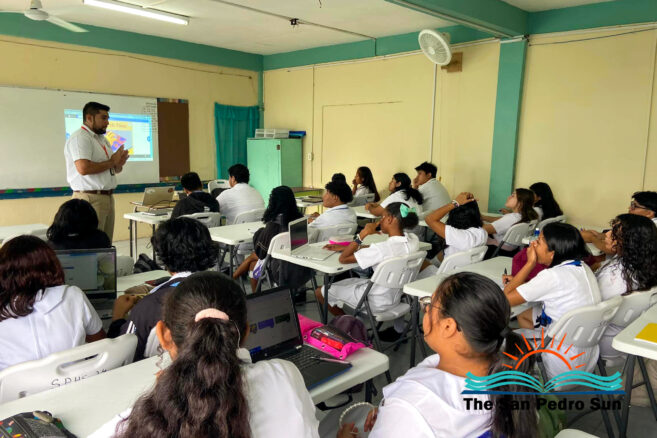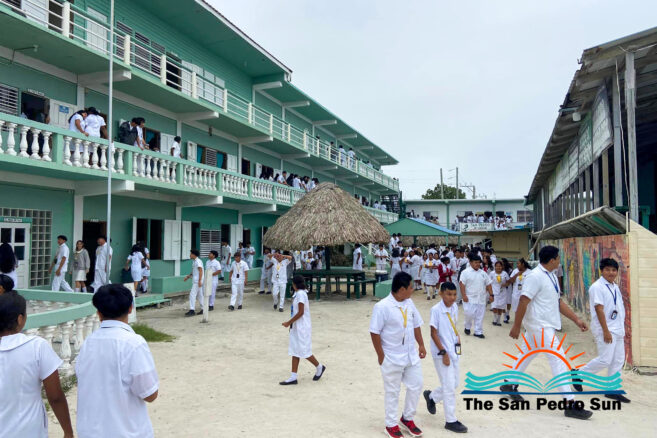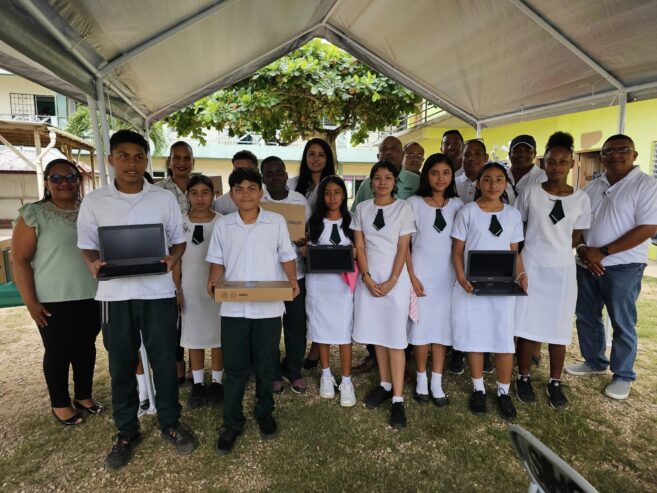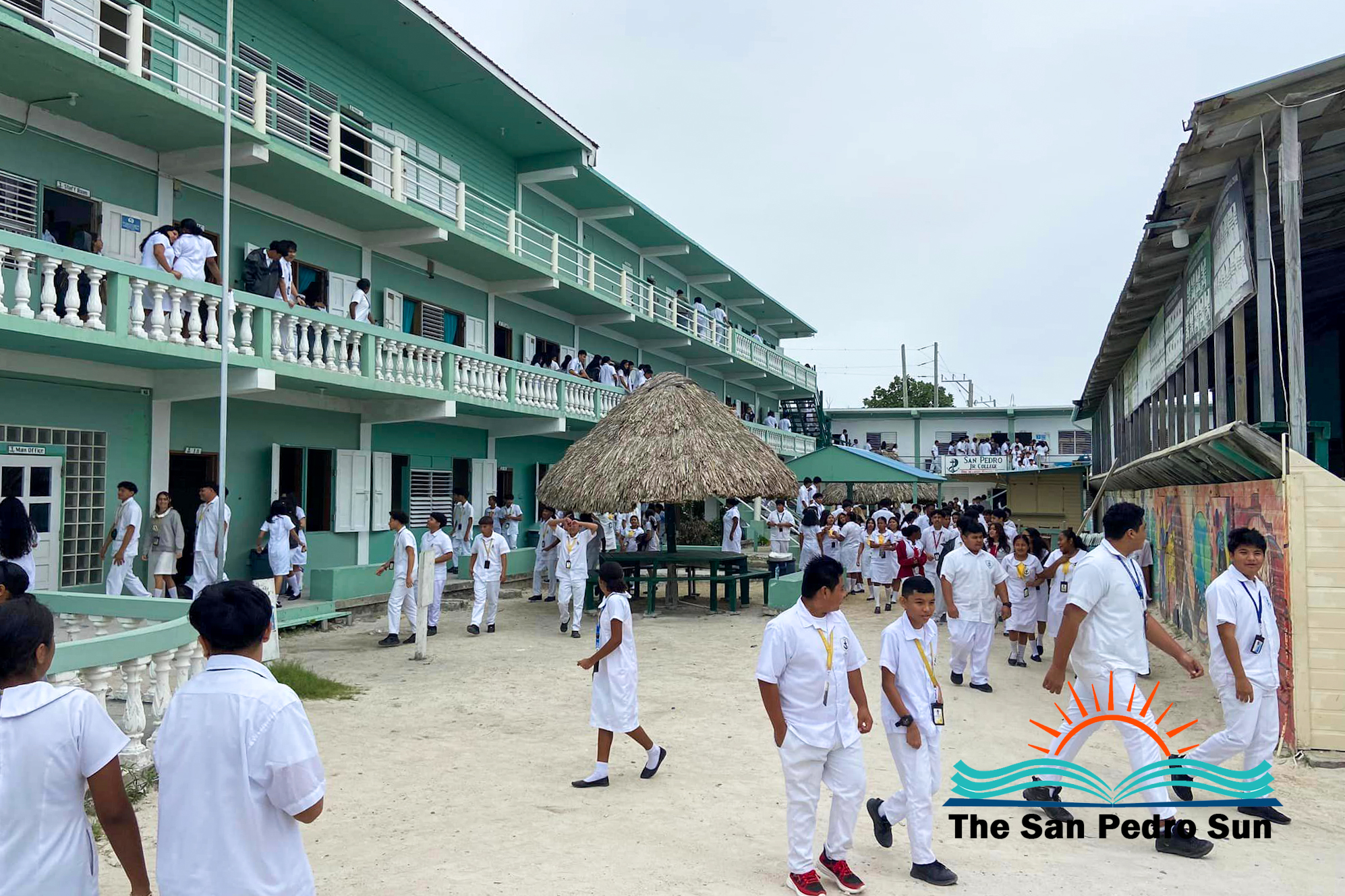On Friday, February 2nd, the National Assembly of Belize passed legislation to raise Belize’s compulsory education age to 16. Before this, education was mandatory for children between five and 14 years of age. The Education and Training Act of 2011 amendment means that children will be legally required to remain in school until they’re 16.
According to the Ministry of Education, Culture, Science and Technology (MoECST), this change in legislation has been in the works for a couple of years. Cabinet first introduced the adjustment in 2022 as part of efforts to uplift children with knowledge and skills that come with a higher level of education. The decision came after extensive consultations with the education community.
“In 2022, the national secondary school net enrolment rate was 56.5%, meaning that a significant number of all children between the ages of 13 and 16 were not enrolled in secondary school. Since they’re out of school, these children are working in low-paying and labor-intensive jobs, susceptible to gang recruitment and other gang-related activities, and generally losing out on opportunities that come with having a higher level of education,” explained MoECST.
In an interview on the “Open Your Eyes Belize” program featured on New 5 TV on Wednesday, February 7th, the Chief Education Officer, Yolanda Gongora, and Chief Executive Officer of the MoECST, Dian Maheia, explained the details of the amendment change and what it means for the Belizean population. “The amendment means that every single child should be in school up to 16, and if they are not, there will be implications. This is an opportunity for young people to better themselves. And this is a pivotal step to work towards national development, said Maheia. She further explained that while one of the main reasons children don’t stay in school is financial challenges, the government has plans to address this in the long term.
Gongora also talked about how they are working with schools to change rules to accommodate the new changes and to retain their student population. “This is an opportunity for students to remain in school up to the age of 16. Our teachers may have concerns about what else they can do to keep them in school; that is where we are working to support the teachers in the system. We are going across the country, sensitizing our teachers on the history of education in Belize. How we started, where we are today, and what is the thing we need to look at for us to continue to be able to empower young people of this nation,” said Gongora.

The current government of Belize (GOB) hopes this decision will reduce dropouts, youth unemployment, and crime rates. Additionally, ensuring that children have access to primary and foundational education will provide a more skilled and educated labor force in the future. “With the knowledge and skills that come with a higher level of education, our children will be able to earn more when they begin working and participate more actively in our country’s social and economic development.”
To support the increase in compulsory education age, GOB and MoECST are working on implementing supplementary projects to make education more accessible to all youth. An example is the Belize Education Upliftment Project (EUp), which eliminates tuition and fees and supports daily healthy meals, uniforms, transportation, and learning devices needs. Additionally, EUp contributes to the improvement of school infrastructure and resources. The program is currently in place in nine secondary schools across Belize and is expected to expand to 12 additional schools by August 2024.
The formal education system in Belize consists of four Levels: Pre-Primary, Primary, Secondary, and Tertiary. There are two years of pre-primary education, eight years of primary education, and four years of secondary education. After graduating from high school, students can continue their education at a university’s Associate or Bachelor’s degree level or complete an Associate degree at a junior college and transfer the credits into a Bachelor’s degree program. Schools in Belize are categorized as government, government-aided, and private. Government and government-aided primary and secondary schools are tuition-free. However, they are allowed to charge special fees with the approval of the Chief Education Officer. In Ambergris Caye, no sole government-owned schools exist, with all the education institutions being government-aided or private.


